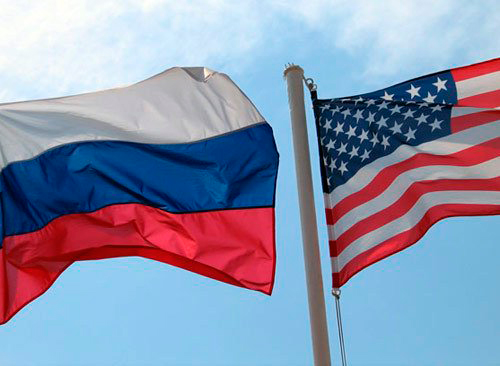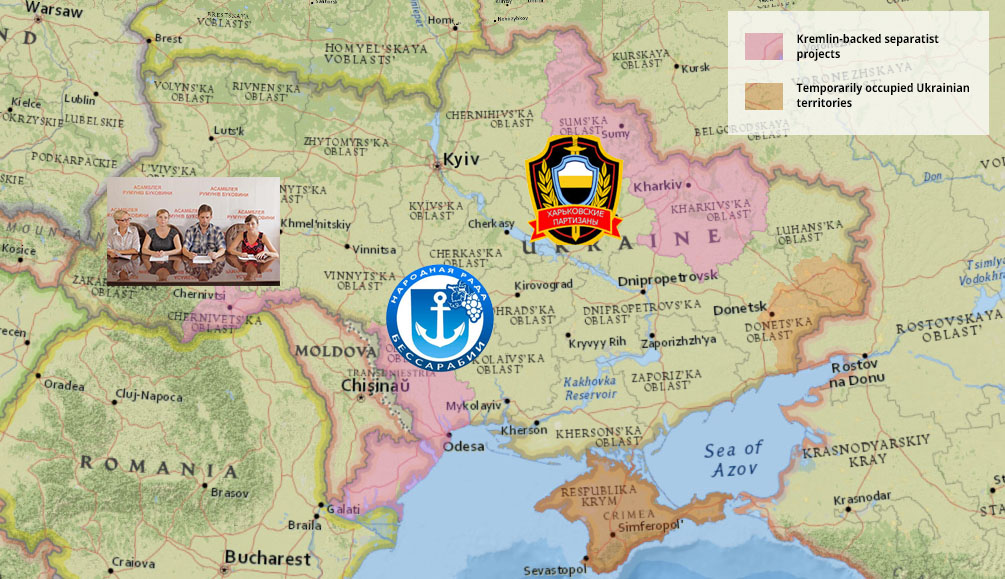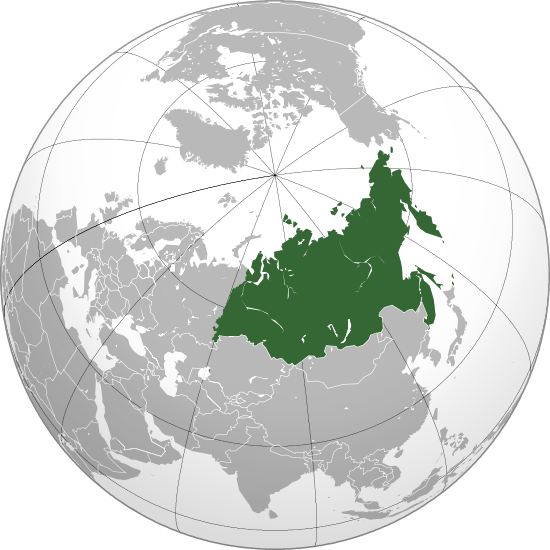Yesterday, Russian Foreign Minister Sergey Lavrov said that Russia and the United States, despite their continuing differences over Ukraine and other matters, “are returning to normal relations” and are doing so because they each have interests that can be advanced only by cooperation.
Igor Morozov, a member of Russia’s Federation Council Committee on International Relations, argues that Washington needs this normalization not only to deal with foreign policy challenges but “for the solution of domestic political issues,” including the 2016 US presidential elections.
He tells “Vestnik Kavkaza” that “the Democratic Party needs foreign policy victories in order to launch the candidacy of Hillary Clinton. But there in fact aren’t any. Over the period of the administration of the Democrats, war has been going on without interruption in the Middle East which is considered a zone of US strategic interests.”
According to the Russian senator, “the foundation for normal relations between Russia and the US must be a pragmatic approach,” one that reflects the reality that “the world is being transformed: the unipolar world is ceasing to exist. Russia and China are leaders in the formation of a multi-polar world. And the US cannot fail to take this into account.”
“Therefore,” Morozov continues, “today relations with America must have an open character, one of mutual interest and the discussion of major geopolitical problems, including extremism, international terrorism, and regional conflicts. There must be a search for mutually acceptable resolutions.”
“Vestnik Kavkaza” also spoke with two other Moscow specialists on what Lavrov and Morozov see as a rapprochement between Moscow and Washington. Vladimir Olenchenko, a European specialist at MGIMO, stresses that now “the development of Russian-American relations is not a goal in itself.”
In his view, Washington needs it more than Moscow does, and to support his contention, he cites the world of Henry Kissinger who “noted that in any contacts with any allies or opponents everywhere and always the question arises: what do the Russians think? Russia’s presence in the world is global and often has decisive importance.”
A recollection of that reality, Olenchenko says, is leading Americans “to return to good sense and to support working relations with us.”
Andrey Suzdaltsev, a foreign policy specialist at Moscow’s Higher School of Economics, agrees on the American motivations but is more skeptical about how far things will go. “Russia is under sanctions, and we clearly are not ready to operate within the framework which Washington is attempting to impose.”
According to him, relations between Russian Foreign Minister Lavrov and US Secretary of State John Kerry are now “extraordinarily effective because here a very high level of trust exists.” Broader ties at lower levels, he implies, are still far from what Moscow would like to see.
How accurate these Moscow assessments are, of course, is open to question, but the general thrust, that Washington is now seeking to improve relations because of its own autonomous needs and that Moscow can afford to wait to see what the US will offer next, undoubtedly reflects widespread thinking in the Russian government.
And that sense, whatever its accuracy, is likely to guide the Kremlin’s behavior in the coming weeks and thus create a situation in which Kremlin-promoted expectations of an improvement in East-West ties may make some in Washington ready to make additional concessions while Moscow simply waits for the US side to do so.





